Azerbaijani scientist on catastrophic drying of Caspian Sea When will hope return? Specific timeline / Details
"The main reason for the rapid decline in the Caspian Sea's water level is the significant reduction in the volume of water flowing in from the Volga River, as well as accelerated evaporation caused by global warming."
As reported by Caliber.Az, this was stated in an interview with Report by Dr. Amir Aliyev, Doctor of Geographical Sciences and Head of the Department of Geomorphology of the Caspian Sea Coasts and Seabed at the Institute of Geography named after Academician Hasan Aliyev.
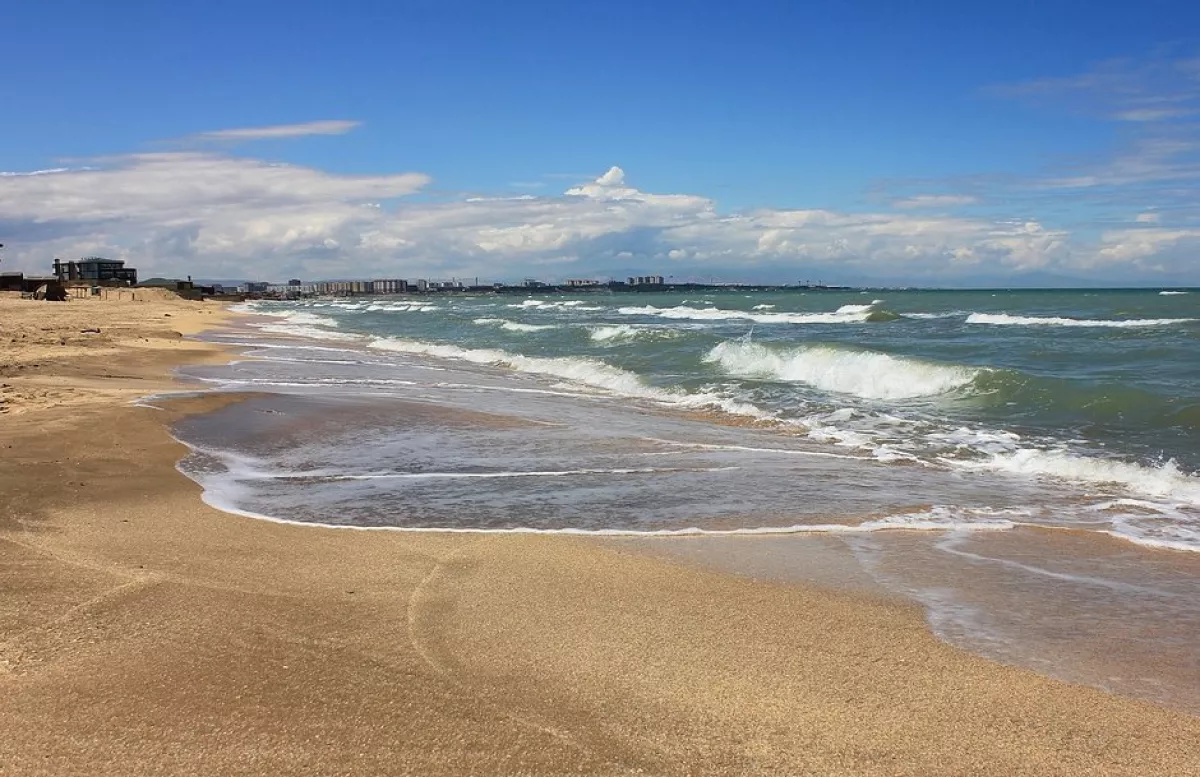
Commenting on the widespread belief that the cascade of dams on the Volga is the main cause of the Caspian’s retreat, the scientist disagreed with this view.
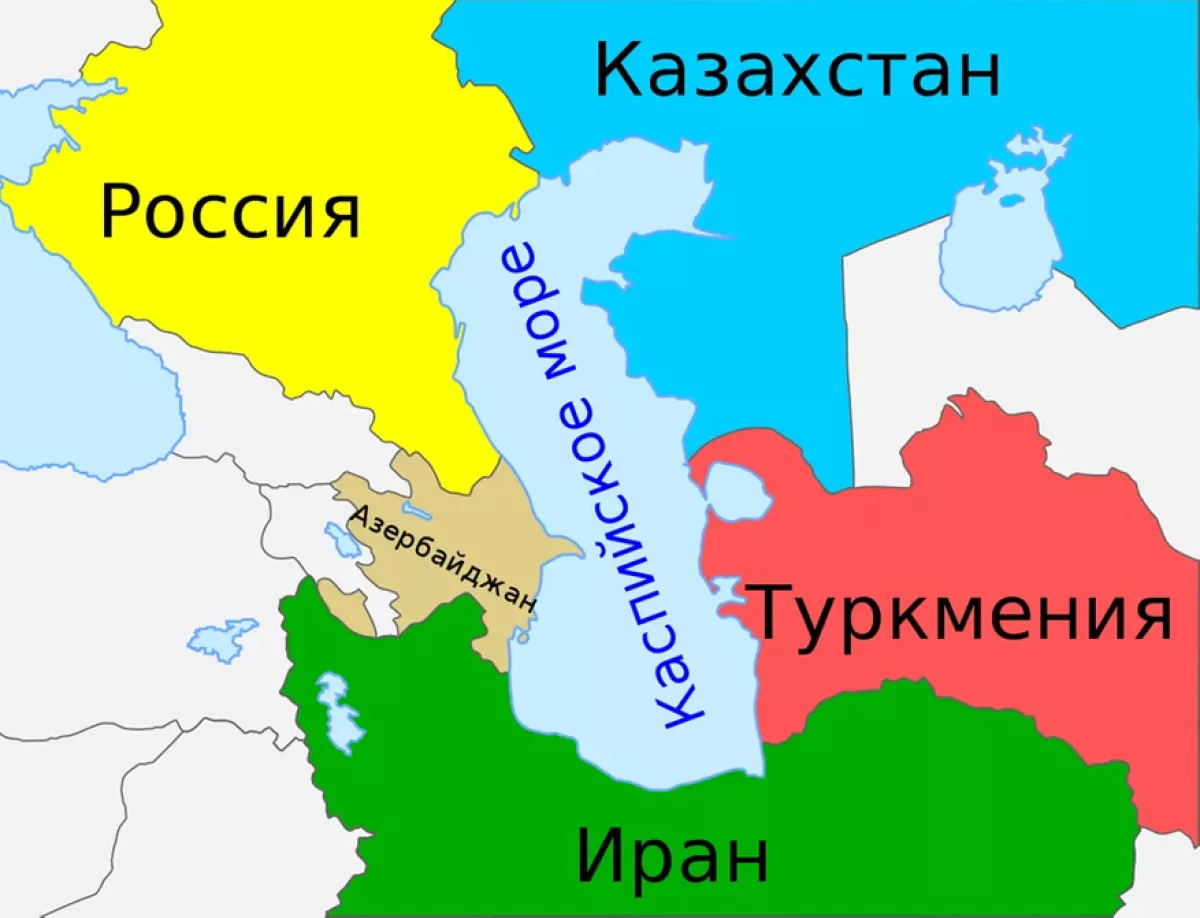
"I believe that hydraulic structures do not have a significant impact on this process. Dams on the Volga have existed during periods when the level of the Caspian Sea both rose and fell," Professor Aliyev emphasised.
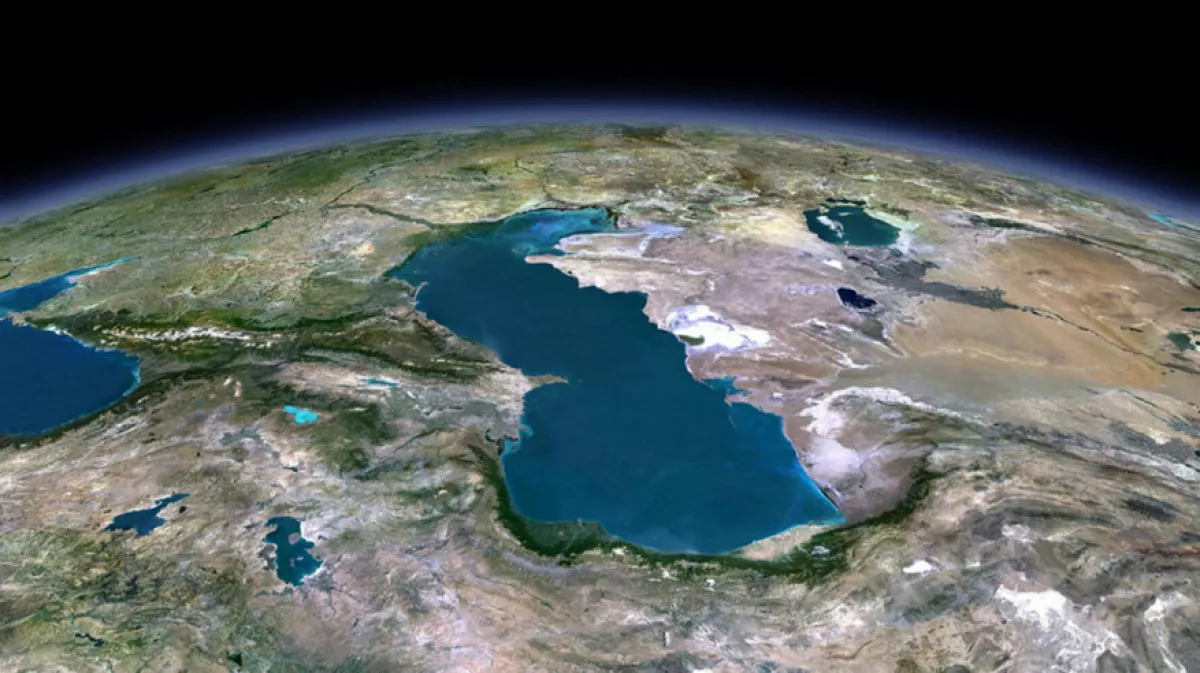
According to years of observation, over the past 20–25 years, the water level in the Caspian Sea has dropped by approximately 30%—a catastrophic figure for the largest enclosed body of water on Earth.
The professor noted that systematic monitoring of the Caspian Sea’s level has been ongoing for nearly 200 years, since 1837. However, geological and historical data make it possible to trace its fluctuations over millennia. Until 1930, the sea’s water level remained relatively stable. Then began a sharp decline that continued until 1978, during which the sea lost 3.2 metres in depth. From 1978 to 1995, the reverse process occurred—the water level rose by 2.5 metres, leading to the flooding of coastal areas.

"Since 1996 to the present day, the level of the Caspian has dropped by 2.3 metres, and this process is still ongoing. The main reason is a change in the water balance. The Caspian Sea is a closed basin, fed primarily by river inflows. However, due to global climate change, water temperature has increased, greatly accelerating evaporation. This is also affected by the declining water levels in rivers flowing into the sea basin," the scientist explained.
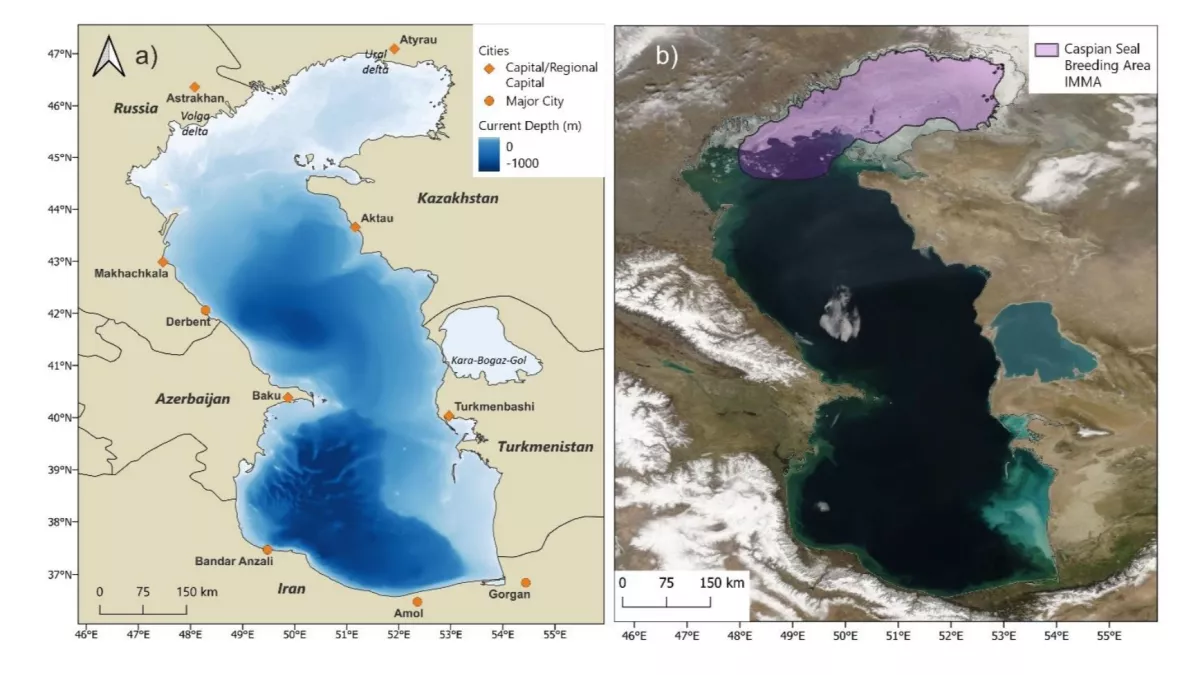
Crucially, there is a certain cyclicality to changes in the Caspian's level. According to the professor, every 100–150 years, the water level decreases, followed by a period of rising levels. Historical data indicate that the highest recorded water level in the Caspian was observed between 1805 and 1810.
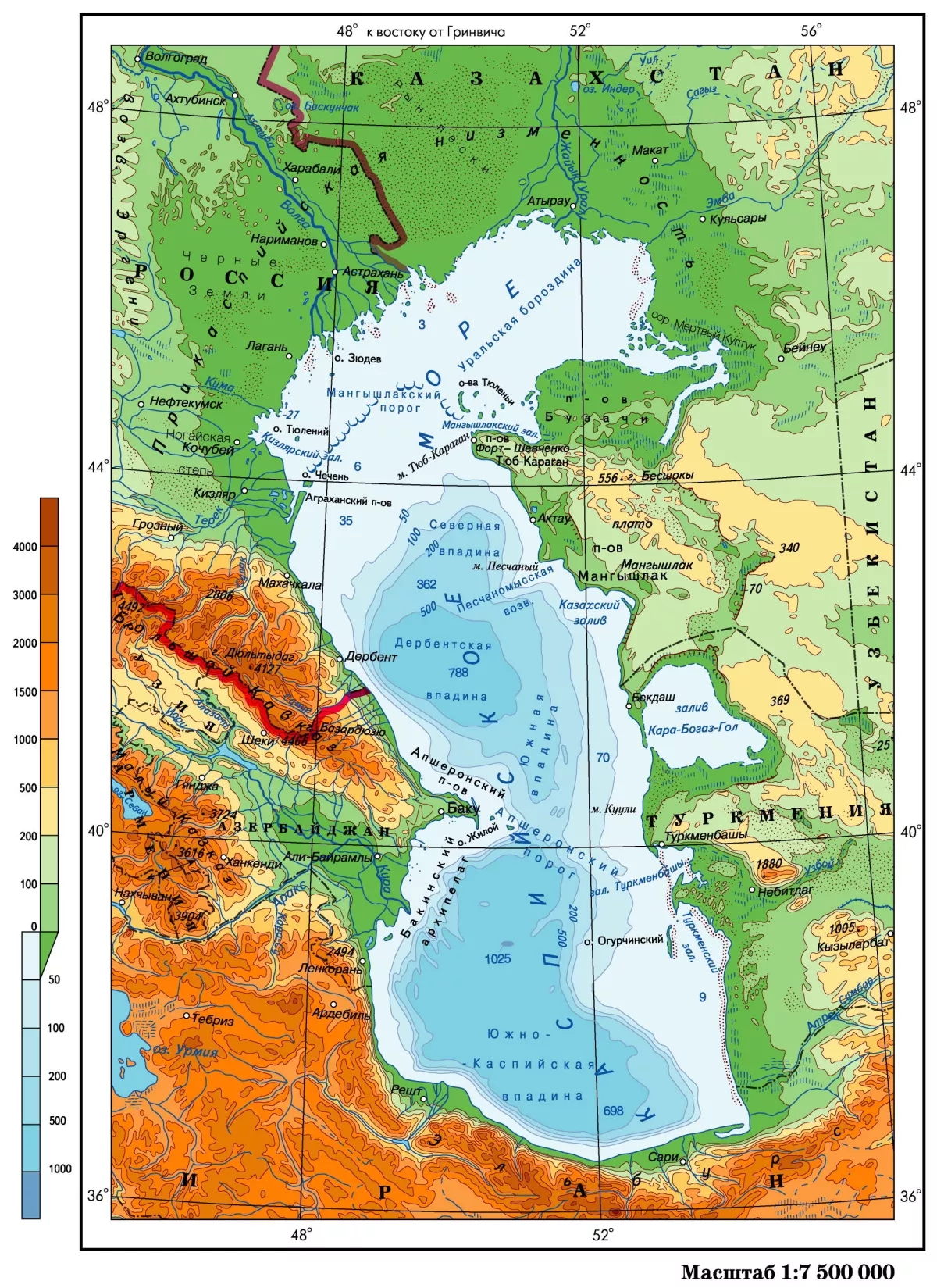
"Over the last 4,000 years, this periodic cycle has repeated eight times. According to our forecasts, the sea level will fall by another 1–1.5 metres by 2040–2050, after which a new period of rising levels will begin," the expert predicts.
Recent observations indicate a slight slowdown in the rate of shrinkage. "Monitoring conducted over the past three years shows that the rate of decline in the Caspian’s level has slowed. While previously it dropped by 25–30 cm per year, it is now down to 15–17 cm," the professor stated.
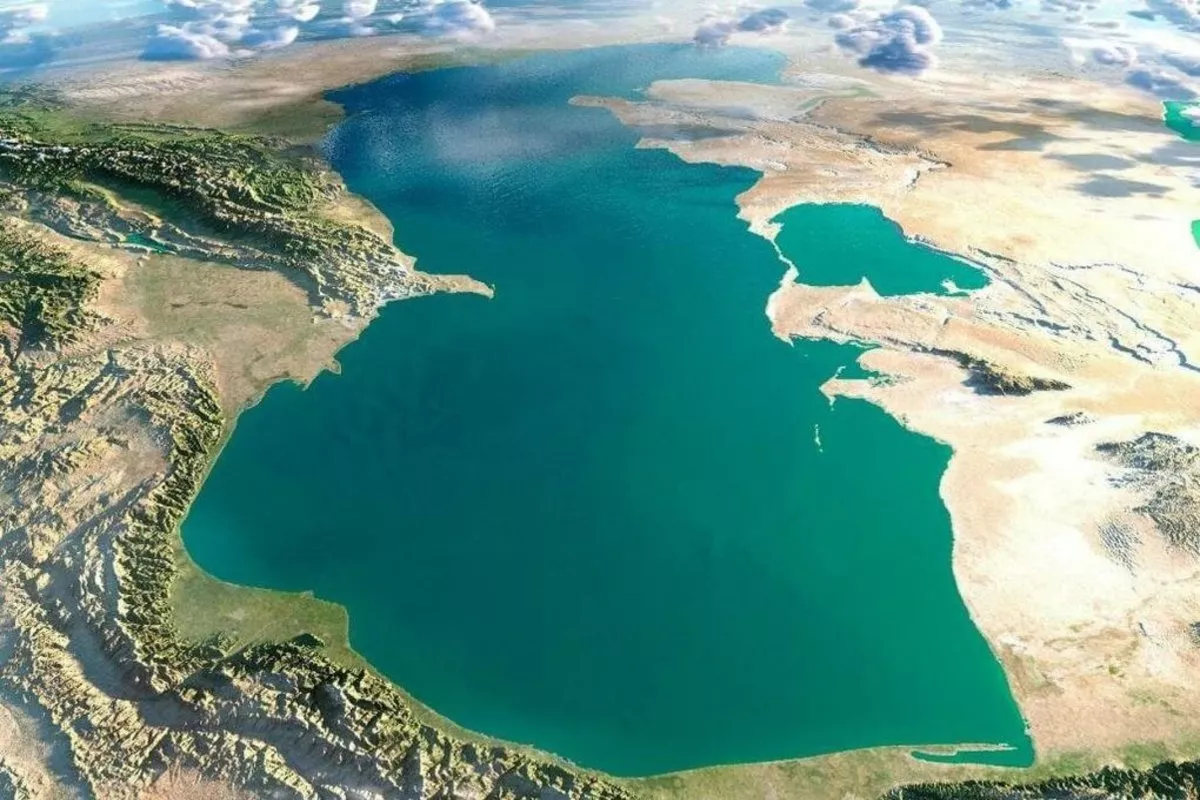
The scientist is confident that the Caspian will eventually return to its former level, following natural cycles. "We simply need to take adaptation measures in accordance with the Caspian’s natural patterns," Professor Aliyev concluded.
By Timur Rzayev








